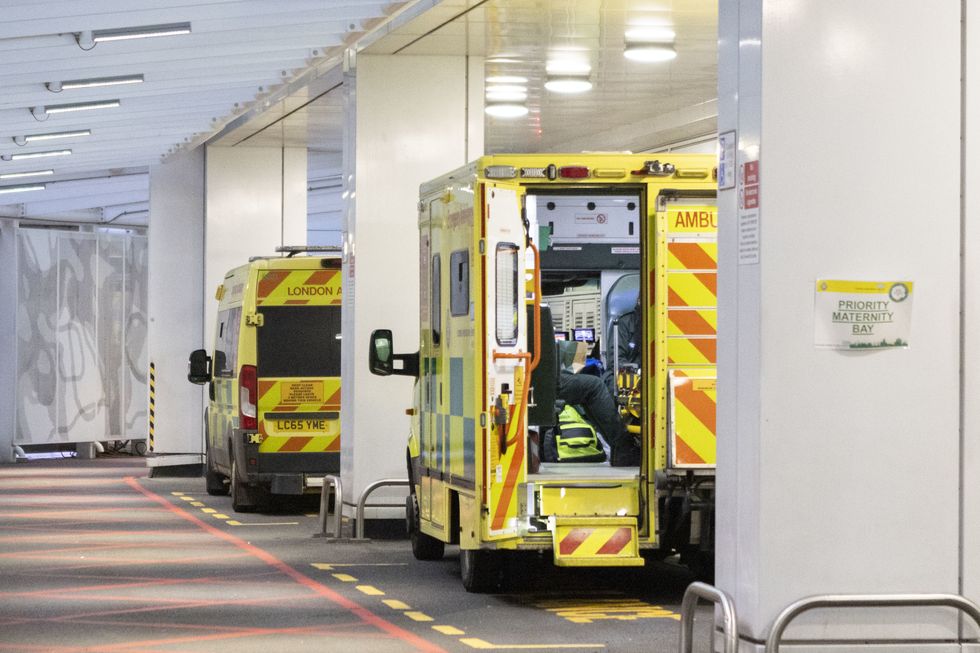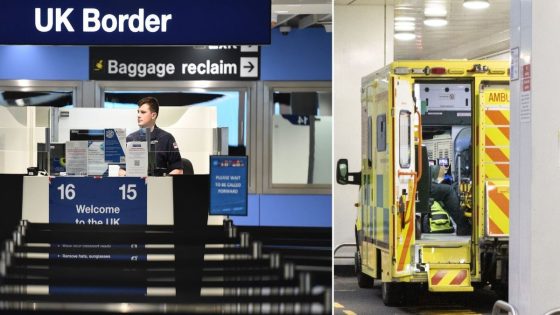A killer from Uganda who murdered a man in the back of an ambulance will not be deported after a judge said it would be a breach of human rights.
The murderer, named only as ZM after being granted anonymity, chased his victim Eugen Breahna into an ambulance along with his north London gang.
The gang attacked Breahna with baseball bats and golf clubs and clubbed him to death.
ZM, who was 18 at the time of the murder and is now 37, was jailed for life in 2006.
A killer from Uganda who murdered a man in the back of an ambulance will not be deported after a judge said it would be a breach of human rights (stock image)
PA
A judge ruled that he should serve a minimum term of 16 years in prison.
Efforts by the Home Office to have him deported on his release form were blocked by a first-tier immigration judge.
ZM’s lawyers argued that it would be “inhumane” to deport him back to Uganda as there are no facilities to treat his mental health conditions.
The killer had a psychiatric disorder which caused him to suffer a “pervasive distrust and suspiciousness”, the court heard.
LATEST DEVELOPMENTS:
The court was told the disorder made him preoccupied with grievances and grudges against those he believed had harmed him.
According to lawyers, his deportation would be a “traumatic event”.
The court accepted that there would be a “serious, rapid and irreversible decline” in his mental health if he were to be deported.
It was ruled that this would be a breach of his Article Three rights under the European Convention on Human Rights (ECHR) which protects individuals against inhumane and degrading treatment or torture.

The murderer, named only as ZM after being granted anonymity, chased his victim Eugen Breahna into an ambulance along with his North London gang (stock image)
PA
Christopher John Hanson, the senior immigration judge said: “I find that if [ZM] was removed to Uganda there would be serious, rapid and irreversible decline in their state of health resulting in intense suffering or significant reduction in life expectancy.
“All of those factors lead me to conclude that there is a real risk of ill-treatment, capable of breaching [ZM’s] Article 3 rights, in the context of reception procedures in Uganda.”
The Refugee Council expects appeals to surge, with many challenging their deportation on human rights grounds.
Source Agencies



